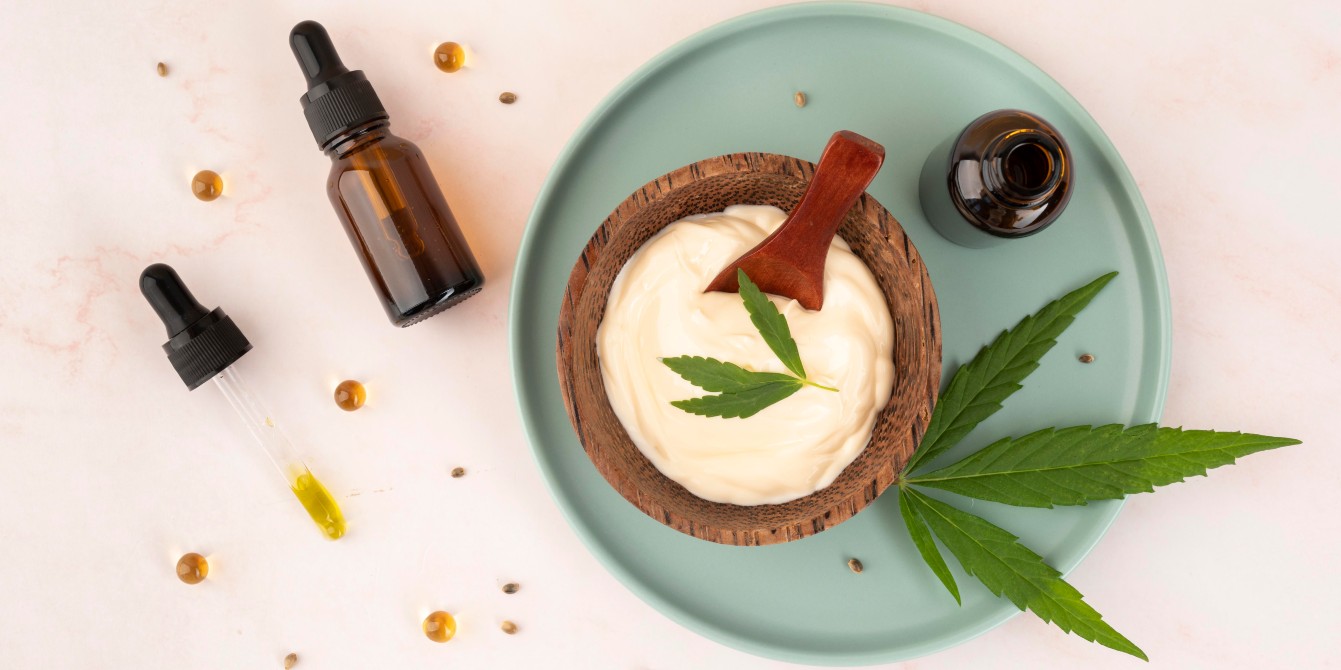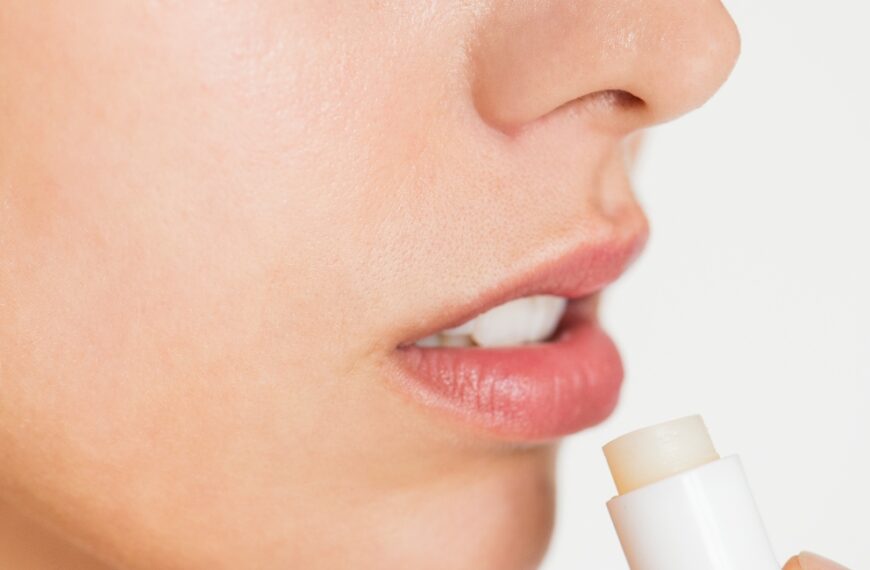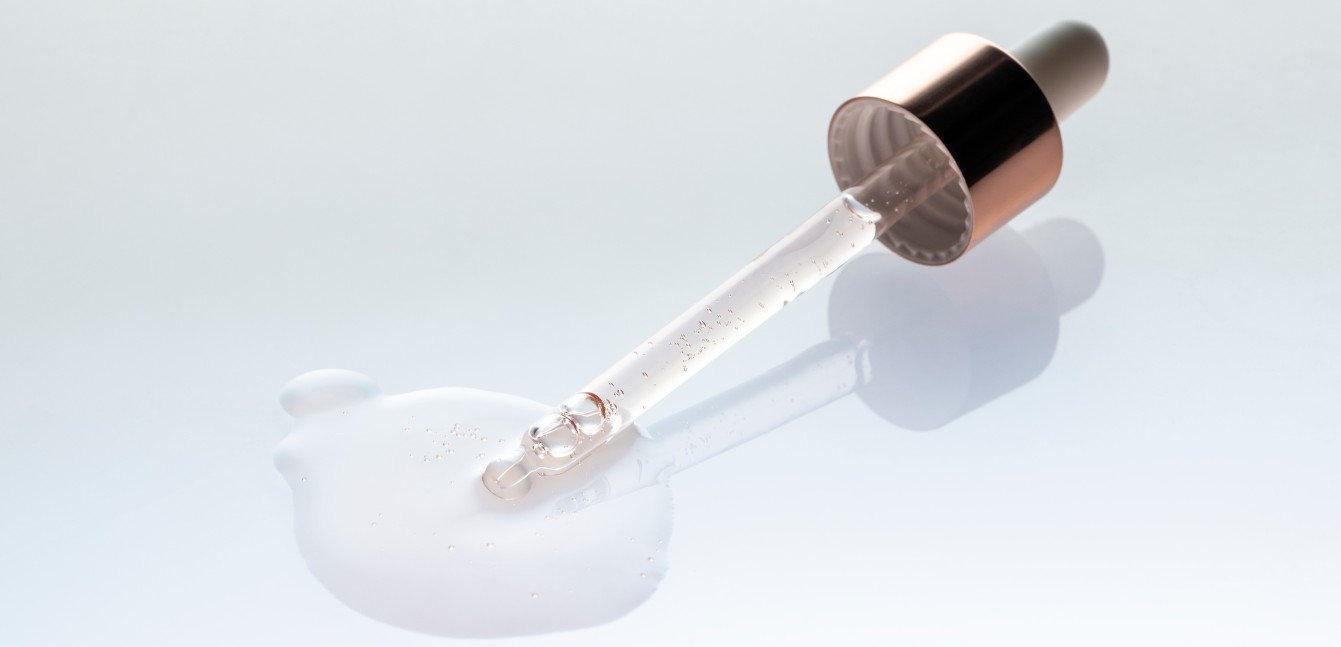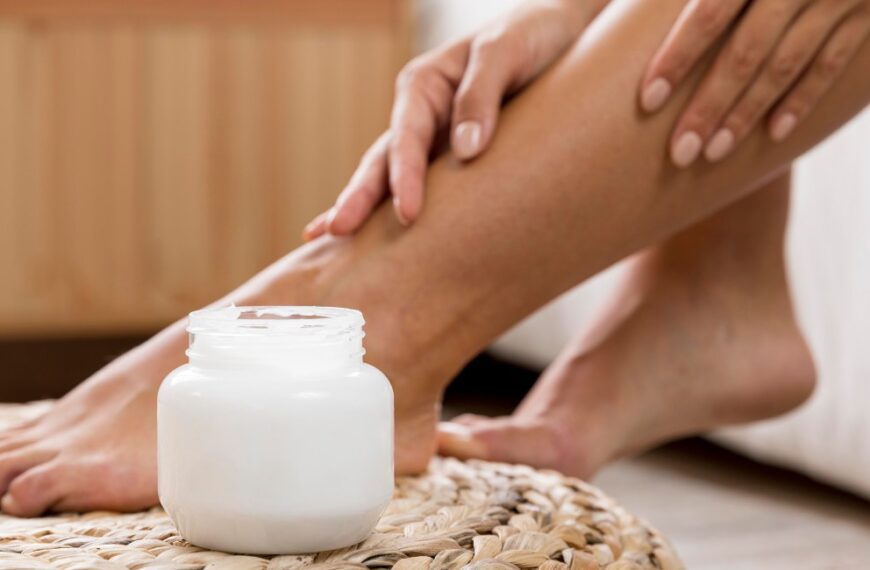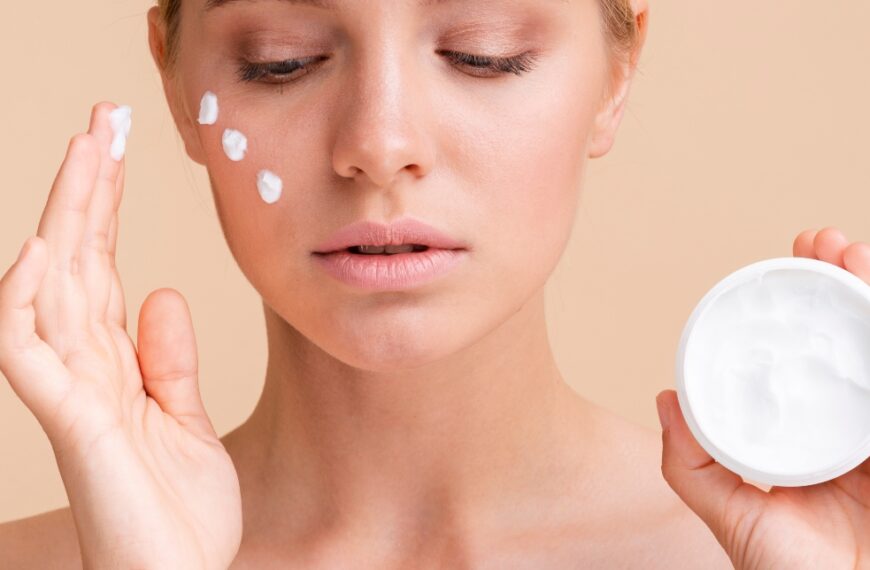Swedish Skincare Solutions: Cleansing Oil vs. Micellar Water
In the world of skincare, there are two unsung heroes that often don’t get the credit they deserve: cleansing oil and micellar water. These two makeup removers have sparked many debates among skincare enthusiasts, leaving us pondering which one is truly the champion. In this article, I’ll dive into the cleansing oil vs. micellar water showdown, share insights from dermatologists, and reveal how I incorporate these products into my skincare routine.
The Great Makeup Removal Duel
Cleansing Oil
Cleansing oil is often lauded for its ability to dissolve makeup and impurities while nourishing the skin. It’s formulated with oils like mineral oil, jojoba oil, or grapeseed oil and is known for being effective at breaking down even waterproof makeup.
Micellar Water
Micellar water, on the other hand, is a gentle water-based solution infused with tiny micelles—tiny oil molecules—that attract and lift away dirt, makeup, and sebum. It’s prized for its simplicity and suitability for sensitive skin.
Differences that Matter
Let’s break down the key differences between cleansing oil and micellar water:
1. Formula: Cleansing oil is oil-based, while micellar water is water-based. This fundamental difference affects how they interact with your skin and the type of makeup they can effectively remove.
2. Makeup Removal: Cleansing oil excels at breaking down heavy makeup, including waterproof mascara and long-wear foundation. Micellar water is better suited for light to moderate makeup.
3. Skin Type: Cleansing oil may be too heavy for oily or acne-prone skin, while micellar water’s lightweight formula is generally more suitable for various skin types.
4. Hydration: Cleansing oil often leaves a moisturizing residue on the skin, making it great for dry skin. Micellar water leaves a clean, refreshing feeling.
5. Ease of Use: Micellar water is easy to use—simply soak a cotton pad and swipe away makeup. Cleansing oil requires massaging onto dry skin and emulsifying with water, which can be seen as a more involved process.
Choosing the Right One for You
The choice between cleansing oil and micellar water depends on your skin type, makeup habits, and personal preferences. Here’s a rough guideline:
- Cleansing Oil: Ideal for those who wear heavy or waterproof makeup, have dry skin, or prefer a more luxurious cleansing experience.
- Micellar Water: Great for those with sensitive or oily skin, minimal makeup wearers, or those who want a quick and fuss-free makeup removal process.
Dermatologist Insights
To shed more light on the subject, I consulted with Dr. Rachel Lee, a board-certified dermatologist with expertise in skincare.
Dr. Lee emphasized that both cleansing oil and micellar water can be effective makeup removers, but the choice depends on individual needs. “For individuals with dry or sensitive skin, micellar water can be gentler and less likely to cause irritation,” she explained. “Cleansing oil can be more hydrating, making it a better option for those with dry skin.”
She also noted that the type of makeup you wear matters. “If you wear long-wear or waterproof makeup, cleansing oil may be more effective at thoroughly removing it,” Dr. Lee added. “But if you have sensitive eyes, micellar water is less likely to cause stinging or irritation.”
Incorporating Cleansing Oil and Micellar Water in Your Routine
Here’s how you can incorporate both cleansing oil and micellar water into your skincare routine:
1. Evening Makeup Removal:
- Cleansing Oil: Begin with a cleansing oil to effectively remove heavy makeup and sunscreen. Massage the oil onto dry skin, then emulsify with water and rinse.
- Micellar Water: Follow up with micellar water on a cotton pad to ensure all traces of makeup are gone. Swipe gently until the pad comes away clean.
2. Morning Refresh:
- Micellar Water: In the morning, use micellar water as a quick and refreshing cleanser. It removes any sweat or excess oils accumulated overnight.
3. Double Cleansing:
- Both: Some individuals prefer the double cleansing method, using cleansing oil first, followed by a gentle micellar water cleanse to ensure thorough makeup removal and skin purification.
My Personal Choice
As a skincare enthusiast, I appreciate the benefits of both cleansing oil and micellar water. However, I lean more towards micellar water for my daily routine. It’s light, gentle, and perfect for my sensitive skin. When I wear heavier makeup, I do opt for a cleansing oil, but for my everyday needs, micellar water is my go-to.
One of my favorite micellar waters is Bioderma Sensibio H2O Micellar Water. It’s incredibly gentle, effectively removes makeup, and doesn’t leave any residue on my skin. It’s become a staple in my skincare routine for its simplicity and effectiveness.
Finding Your Perfect Match
In the end, whether you choose cleansing oil or micellar water, both have their merits and can be valuable additions to your skincare routine. Your decision should align with your skin type, makeup habits, and personal preferences.
So, don’t feel pressured to choose just one side in the cleansing oil vs. micellar water debate. Instead, embrace the versatility of both and use them to your advantage, ensuring that your skin stays clean, refreshed, and makeup-free, no matter your skincare needs.
Image by gpointstudio on Freepik



